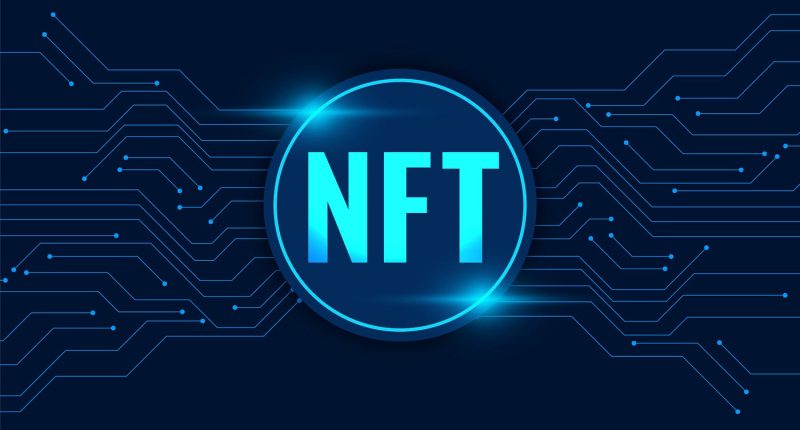As businesses continue to embrace digital transformation, the strategic integration of digital assets and NFTs is becoming a cornerstone for innovation, customer engagement, and revenue growth. This article explores how companies are leveraging these technologies to stay ahead in a competitive landscape.
The Rise of Digital Assets and NFTs
Why Companies Are Investing in NFTs
Non-fungible tokens (NFTs) have evolved from niche collectibles into powerful tools for marketing, customer engagement, and brand differentiation. Companies are recognizing their potential to unlock new revenue streams, foster deeper connections with audiences, and enhance loyalty programs.
Current Market Trends
Despite fluctuations in the NFT market, major brands like Amazon, Starbucks, and Gucci have affirmed their commitment to these digital assets. For instance, Amazon launched its NFT marketplace focusing on fashion and gaming NFTs, while Starbucks integrated NFTs into its loyalty program to create unique customer experiences.
Strategic Benefits of NFTs for Businesses
Unlocking New Revenue Streams
NFTs enable companies to monetize digital creations directly. Artists and brands bypass traditional intermediaries by selling unique digital collectibles or limited-edition content directly to consumers. This fosters equitable creator-to-fan relationships.
Enhancing Customer Engagement
Brands are using NFTs to offer exclusive experiences such as private communities, live events, or virtual merchandise. For example, Starbucks’ Odyssey program allows customers to earn “journey stamps” (NFTs) that unlock benefits.
NFTs Revolutionizing Marketing Strategies
Boosting Brand Visibility
Companies like Gucci and Coca-Cola are leveraging NFTs to create buzz around their products. Gucci’s “Vault” store sells exclusive NFT collections online, while Coca-Cola raised over $575,000 through NFT auctions for charity.
Gamifying Loyalty Programs
NFTs can gamify loyalty programs by offering tradable rewards with real-world utility. Salesforce has integrated NFT loyalty programs into its CRM platform, helping businesses track performance and incentivize customer engagement.
Innovative Use Cases Across Industries
Retail and Fashion
Luxury brands such as Gucci are using NFTs to track product provenance and ensure authenticity. This builds trust among eco-conscious consumers while enhancing transparency.
Entertainment and Gaming
Amazon’s integration of gaming NFTs into its ecosystem exemplifies how digital assets can create immersive experiences. Similarly, Microsoft collaborated with Minecraft to launch educational games featuring NFT prizes.
Challenges and Future Opportunities
Navigating Market Volatility
While the NFT market has seen significant highs and lows, companies that adopt long-term strategies stand to benefit from early-mover advantages. Blockchain-native startups are also unlocking optimal commercial models for these technologies.
Expanding Utility Beyond Collectibles
The future of NFTs lies in expanding their utility beyond art and collectibles. From supply chain management to charitable fundraising initiatives like MAC Cosmetics’ HIV/AIDS campaign, NFTs are proving their versatility across sectors.
Building Sustainable NFT Strategies
Key Takeaways for Businesses
To succeed in the NFT space, companies must craft strategies that align with their brand values while leveraging blockchain technology for transparency and innovation. Early adoption combined with thoughtful execution can establish a competitive edge in this rapidly evolving market.
By embracing NFTs as more than a trend, businesses can redefine customer relationships, unlock new opportunities for growth, and position themselves as leaders in the digital economy.









